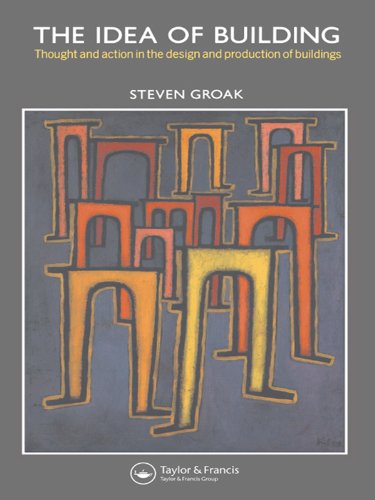
Basic Category Theory (Cambridge Studies in Advanced Mathematics Book 143) (PDF/EPUB Version)
$18.99
Description
At the heart of this short introduction to category theory is the idea of a universal property, important throughout mathematics. After an introductory chapter giving the basic definitions, separate chapters explain three ways of expressing universal properties: via adjoint functors, representable functors, and limits. A final chapter ties all three together. The book is suitable for use in courses or for independent study. Assuming relatively little mathematical background, it is ideal for beginning graduate students or advanced undergraduates learning category theory for the first time. For each new categorical concept, a generous supply of examples is provided, taken from different parts of mathematics. At points where the leap in abstraction is particularly great (such as the Yoneda lemma), the reader will find careful and extensive explanations. Copious exercises are included.
eBook features:
- Highlight, take notes, and search in the book
- In this edition, page numbers are just like the physical edition
- Create digital flashcards instantly

_aetdigtad5.jpg)
_ir2hoc7wim.jpg)
_relsz4cvmj.jpg)
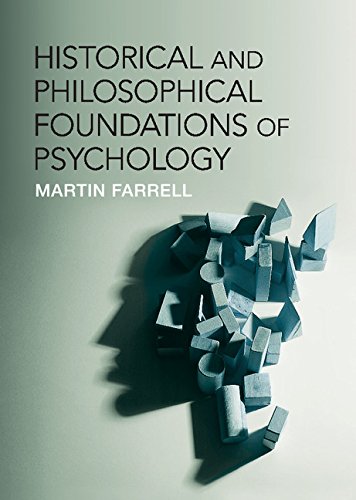
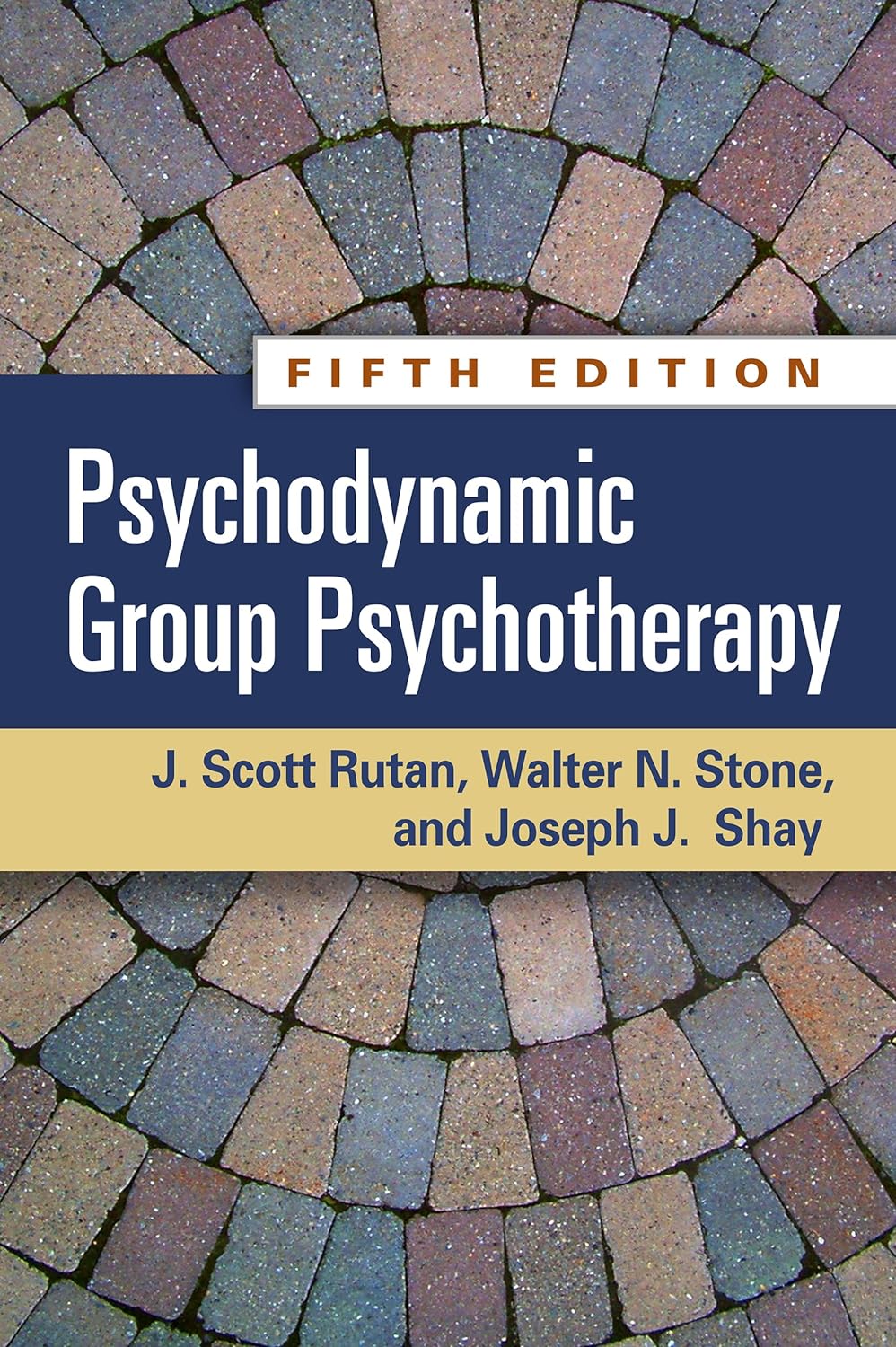
_sv9arrklwn.jpg)
_pybeqjatnb.jpg)
_jqegejqbka.jpg)
_d6yhvb7jjx.jpg)
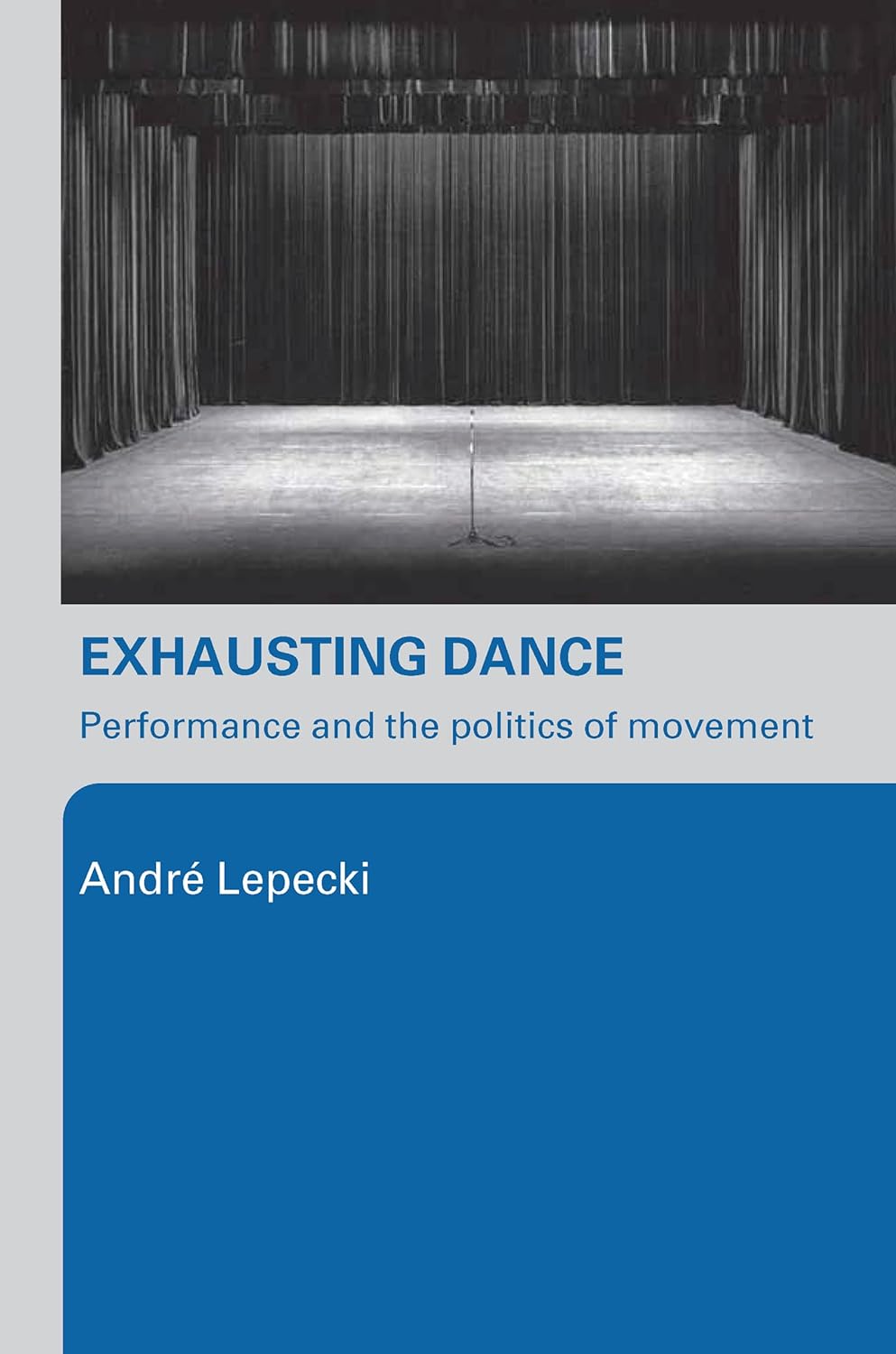
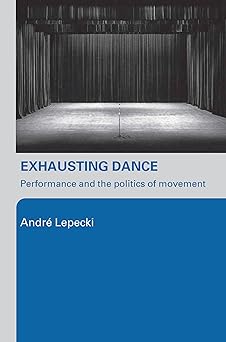
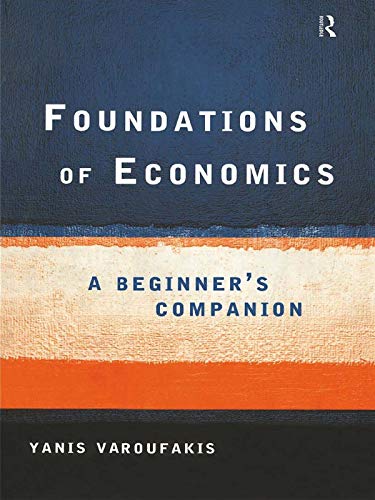
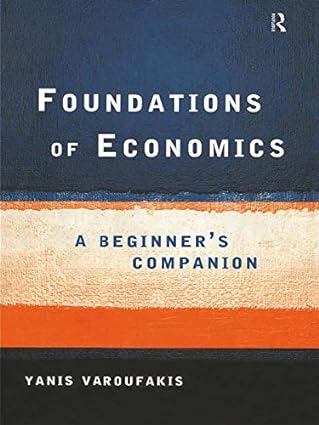


_czggxxd6hy.jpg)
_ay0l9q7pd9.jpg)
_(certification_press)_pfpwp1gw32.jpg)
_(certification_press)_p7lctr3fbt.jpg)
